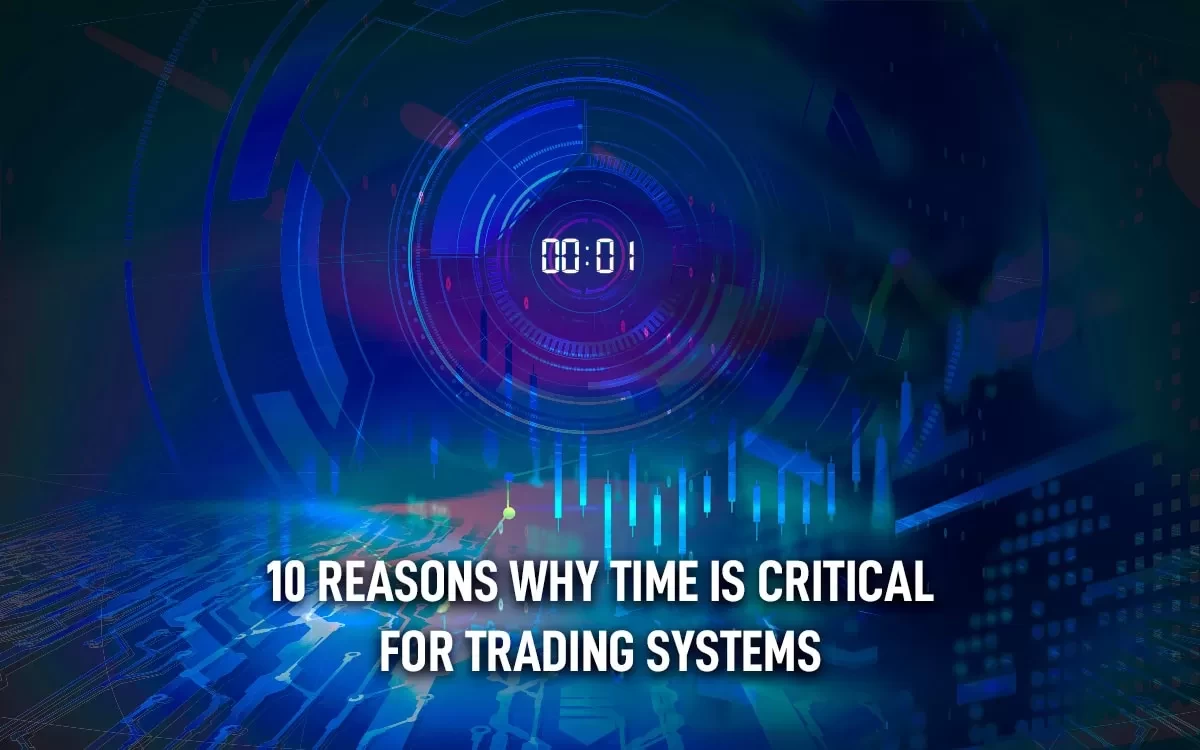Time synchronization is crucial in financial trading systems for several reasons. Here are the top 10:
1. Order Execution
Time synchronization ensures that order execution occurs accurately and consistently across different trading platforms. It allows traders to enter and execute orders at the intended time, avoiding discrepancies or delays that could impact trade outcomes.
2. Market Data Analysis
Financial trading relies heavily on real-time market data analysis. Time synchronization ensures that traders and algorithms receive market data feeds simultaneously, enabling them to make informed decisions based on the most up-to-date information.
3. Trade Settlement
Accurate time synchronization is essential for trade settlement processes, such as trade matching, confirmation, and clearing. It helps ensure that transactions occur in the correct sequence, reducing the risk of errors, disputes, or failed settlements.
4. Regulatory Compliance
Financial markets operate under strict regulations that often require precise timekeeping. Time synchronization enables compliance with reporting requirements, audit trails, and regulatory mandates, such as recording trade timestamps or meeting transaction reporting deadlines.
5. Event Sequence Reconstruction
In the event of a trade dispute or investigation, time synchronization allows for the accurate reconstruction of events. Traders can rely on synchronized timestamps to establish the sequence of trades, identify potential issues, and resolve disputes more effectively.
6. Algorithmic Trading
Many trading strategies rely on complex algorithms that execute trades based on specific market conditions. Time synchronization ensures that these algorithms operate with consistent timing, preventing discrepancies between different components of the system and optimizing trade execution.
7. Market Data Aggregation
Financial institutions often aggregate market data from various sources for analysis and decision-making. Accurate time synchronization allows for precise data alignment, ensuring that information from different exchanges or data providers is combined correctly and avoiding data inconsistencies.
8. High-Frequency Trading (HFT)
In high-frequency trading, where trades are executed in microseconds or even nanoseconds, time synchronization becomes critical. HFT firms depend on synchronized clocks to measure and react to small market inefficiencies and execute trades at lightning-fast speeds.
9. Risk Management
Effective risk management in financial trading requires accurate time synchronization. It allows risk models to factor in the timing of trades, market events, and other variables, enabling institutions to assess and mitigate risks more accurately.
10. CROSS-Platform Compatibility
Traders often operate across multiple trading platforms, such as exchanges, dark pools, or alternative trading systems. Time synchronization ensures compatibility between these platforms, facilitating the seamless transfer of orders and information across different systems.
Overall, time synchronization is essential in financial trading systems to ensure accurate order execution, reliable data analysis, regulatory compliance, risk management, and seamless integration across various platforms. It plays a vital role in maintaining fairness, transparency, and efficiency in the global financial markets.






